One of the personal qualities that seems to be shared by most gifted children is being different and divergent – in terms of thinking, interests, values and behavior.
Many gifted adults feel “wrong” or anxious about “not fitting in” even though being different can be a strength, a positive attribute.
In her article “Counseling Gifted Adults – A Case Study”, counselor Paula Prober writes about Susan, who “had known that she was different since she was seven. Her thoughts and feelings had never fit into the box that was comfortable and reassuring for most children.
“Her appetite for learning was insatiable. Reading was more nourishing than food. Thinking, analyzing, and synthesizing were better than Barbie.
“And she worried about everything: poverty, world peace, and the loss of the rain forests. It kept her awake at night. The adults around her said that she was too young to be concerned with such things. That didn’t help. To her classmates, she just seemed weird–certainly not birthday party material.
Learn more / En savoir plus / Mehr erfahren:
http://www.scoop.it/t/21st-century-learning-and-teaching/?&tag=Gifted+kids
Via Gust MEES



 Your new post is loading...
Your new post is loading...



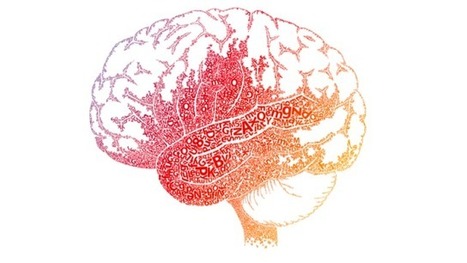



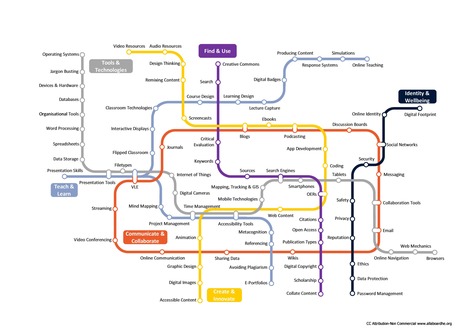



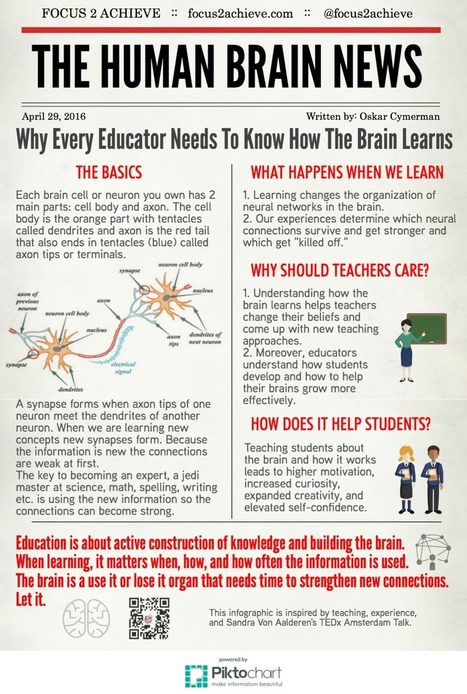



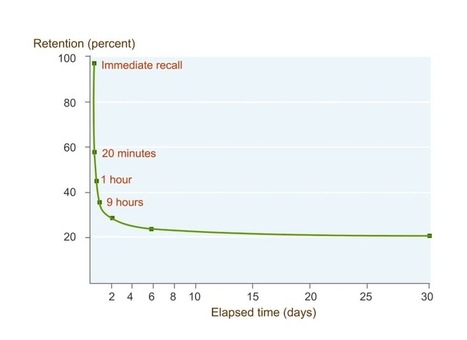

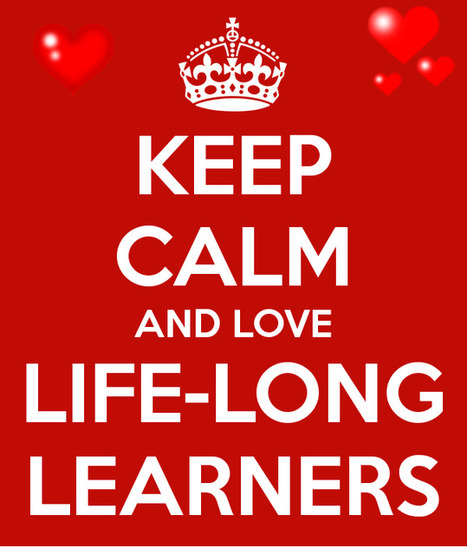

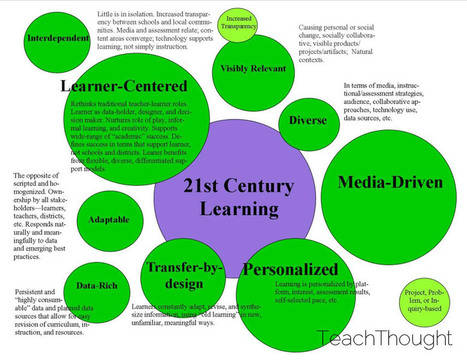








In her article “Counseling Gifted Adults – A Case Study”, counselor Paula Prober writes about Susan, who “had known that she was different since she was seven. Her thoughts and feelings had never fit into the box that was comfortable and reassuring for most children.
“Her appetite for learning was insatiable. Reading was more nourishing than food. Thinking, analyzing, and synthesizing were better than Barbie.
“And she worried about everything: poverty, world peace, and the loss of the rain forests. It kept her awake at night. The adults around her said that she was too young to be concerned with such things. That didn’t help. To her classmates, she just seemed weird–certainly not birthday party material.
Learn more / En savoir plus / Mehr erfahren:
http://www.scoop.it/t/21st-century-learning-and-teaching/?&tag=Gifted+kids